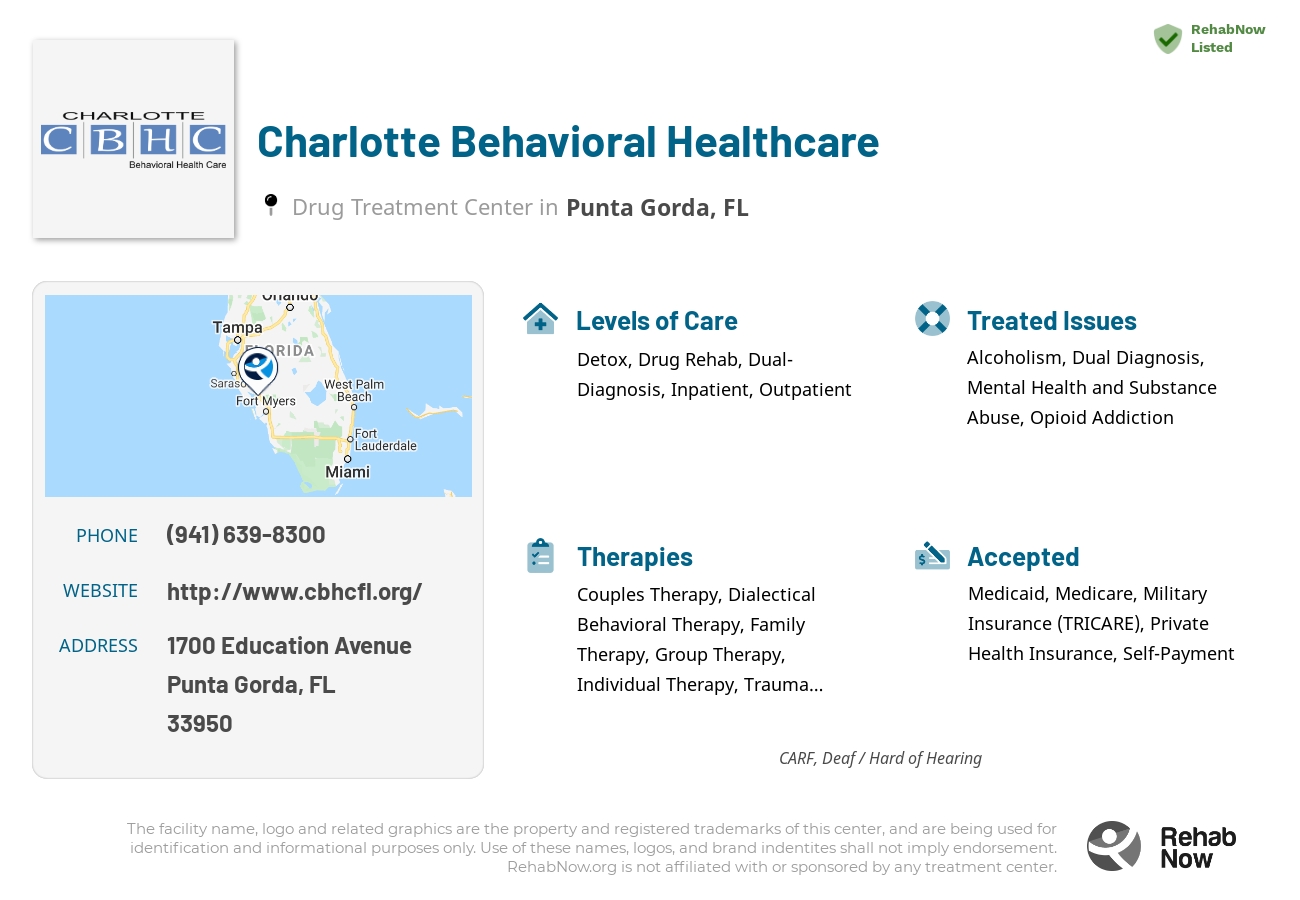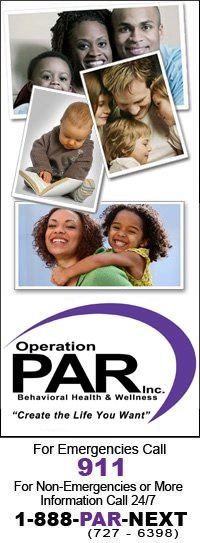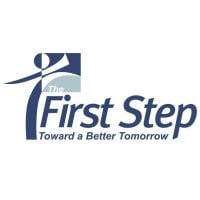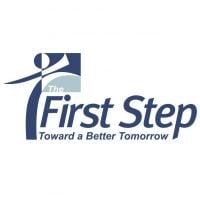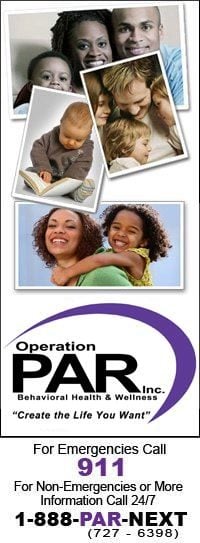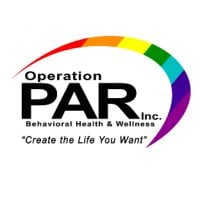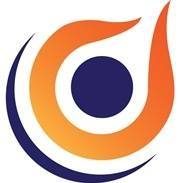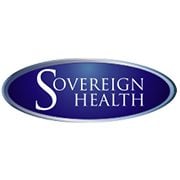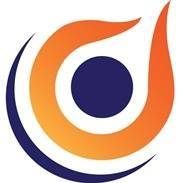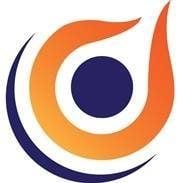Charlotte Behavioral Healthcare
Drug Rehab Center in Punta Gorda, Florida
Charlotte Behavioral Healthcare is a Punta Gorda, Florida-based center that specializes in mental and addiction health treatment, with a range of care and treatment options tailored to individual needs, such as detox, drug rehab, couples therapy, DBT, family therapy, group therapy, individual therapy, trauma therapy, cognitive behavioral treatment (CBT), among others, and is accredited by CARF and accepts private health insurance.
About Charlotte Behavioral Healthcare in Florida
Charlotte Behavioral Healthcare is a renowned treatment facility located in Punta Gorda, Florida. Recognized for its commitment to quality care, Charlotte Behavioral Healthcare has achieved accreditation from CARF, an independent organization that ensures high standards of treatment and services. This facility specializes in providing treatment for individuals suffering from alcoholism, dual diagnosis, opioid addiction, drug addiction, substance abuse, and mental health issues. They offer various levels of care including detox, drug rehab, dual-diagnosis treatment, inpatient programs, outpatient programs, and aftercare support. Charlotte Behavioral Healthcare also accepts private health insurance, making their services accessible to a wide range of individuals seeking treatment for addiction and mental health disorders.
With a strong focus on addressing addiction and substance abuse, Charlotte Behavioral Healthcare offers a comprehensive range of services to support individuals on their recovery journey. Their professional team provides detoxification services, assisting individuals in safely and effectively eliminating harmful substances from their bodies. In addition, they offer both inpatient and outpatient programs to cater to different treatment needs. This allows individuals to receive intensive care and support in a structured environment or choose a more flexible approach that fits their personal circumstances. Moreover, Charlotte Behavioral Healthcare emphasizes the importance of dual-diagnosis treatment, recognizing the complex relationship between mental health and addiction. By addressing both aspects simultaneously, they aim to provide holistic care and improve long-term outcomes for their clients.
Genders
Ages
Modality
Additional
Accreditations

CARF
The Commission on Accreditation of Rehabilitation Facilities (CARF) is a non-profit organization that specifically accredits rehab organizations. Founded in 1966, CARF's, mission is to help service providers like rehab facilities maintain high standards of care.
Conditions and Issues Treated
Many people who struggle with opioid addiction need to attend specific programs like methadone , Suboxone or Vivitrol clinics.
These types of programs will provide the patient with legal, prescription medications that can help them overcome their cravings for illegal opioids like heroin or fentanyl . If the patient has a chronic condition like Hepatitis C, they must undergo treatment before they can begin taking these medications.
Dual Diagnosis is a specific relationship between two or more disorders that have the same symptoms and can sometimes be treated together. This is used in the treatment planning process when dealing with drug addicts. Dual diagnosis can be viewed as a chronic medical condition that has comorbid psychiatric disorders.
Although addiction and a mental illness may have separate symptoms that are not easy to detect, they often go hand in hand. Many times, drug abuse is a direct result of the mental illness. In other words, treating the addiction will not resolve all of your issues. Unless you also treat the underlying mental illness, you will not be successful in achieving sobriety.
Levels of Care Offered
This center offers a variety of custom treatment tailored to individual recovery. Currently available are Detox, Drug Rehab, Dual-Diagnosis, Inpatient, Outpatient, with additional therapies available as listed below.
Detox refers to the progressive elimination from the body of toxins. The detox period depends on the form of addiction, the length of drug abuse, and the state of health. Under the supervision of medical practitioners, MAT detox based in Punta Gorda, FL requires the use of medications.
Inpatient treatment is an intensive program that takes place when a patient checks into a rehabilitation facility. The treatment includes detoxification and counseling sessions, which are round the clock. Outpatient treatments are also available, but inpatient care is advised as the first step of rehabilitation.
Intensive rehab ensures the patient stays in a substance-free atmosphere, improving treatment success rates. The patient participates in group therapy for motivation from other patients who have overcome addiction. Family members are also involved in providing emotional support throughout the program.
An outpatient treatment program is set up to help with alcohol or drug addiction, or a co-occurring disorder. The patient must attend the Florida facility for their therapy and other programs but are able to return home each night. The frequency of mandatory attendance decreases after much of Charlotte Behavioral Healthcare‘s program is complete.
Therapies & Programs
Individual Therapy is a critical component of addiction recovery. Therapists work with patients to identify the root of their addiction and figure out how to better handle the issues that led to them using drugs. Individual Therapy is the one-on-one session where people meet with their therapist. Individual therapy provides a safe space for people to open up and discuss personal and sensitive topics which they may not feel comfortable discussing in a group setting.
Couples therapy at Charlotte Behavioral Healthcare focuses on addiction treatment for the addict and their spouse. The addict’s family, not just the addict, can benefit from this form of therapy. Couples therapy addresses communication problems, trust issues, lack of intimacy, and abuse in intimate relationships. Couples therapy can help rebuild trust between partners, which increases the chances for successful treatment and sustained recovery.
Intimate relationships can be damaged during addiction, and professional help may be necessary to rebuild the often destroyed trust and love. Couples therapy at Charlotte Behavioral Healthcare helps couples improve communication and rebuild trust. Either or both partners will be helped by this treatment administered by professionals. This treatment can also help one or both partners if addiction is the problem.
Family therapy will also help families realize that the addiction is not their fault. For many years, people blamed themselves for an addict’s behavior and felt that they had done something wrong. This is not the case. Addiction is a disease, and it can strike anyone, even if their life seems fine from the outside. It can bring a lot of shame to a family when they have an addict in their midst, but if everyone is open and honest with each other, then they can help everyone stay in recovery.
Group Therapy is utilized by drug treatment centers like Charlotte Behavioral Healthcare to provide the recovering drug addict with a platform to talk about their feelings and experiences. It also provides for an opportunity to learn from other addicts who have successfully overcome their addiction.
Group Therapy is employed in lectures, seminars, or discussion groups (the latter two are typically conducted as “therapy groups”). It is recommended that all group members be recovering addicts for this type of therapy to work (though it does not exclude others with lived experience).
Trauma therapy is a clinical process that helps individuals deal with mental stress often caused by traumatic events. It is generally done for children, teenage victims of sexual assault, and war veterans. The therapist helps the person identify, understand and work through the problem. This is done with the help of talking about it in group or one-on-one counseling sessions. Therapists use relaxation, role-playing, art, and music to help the person open up about what is bothering them.
Dialectical Behavior Therapy (DBT) is used by drug treatment centers across the United States to help drug addicts become sober. DBT combines traditional behavioral treatments with elements from DBT, including dialectics, distress tolerance, and interlocking issues. It is commonly used to treat Borderline Personality Disorder (BPD) along with substance abuse disorders. The four DBT modules are mindfulness, interpersonal effectiveness, emotion regulation, and distress tolerance.
Cognitive behavioral therapy is also a popular service for individuals living with addiction. This type of supportive treatment uses both one-on-one counseling and group sessions to teach addicts how to identify thoughts, behaviors and emotions that might increase their risk of relapse.
These professionals can help addicts develop coping skills for managing stress, improving self-esteem and overcoming triggers. They might also use behavioral therapy to help addicts learn how to avoid cravings and warning signs that could lead them back into addiction.
Therapy can be used as a step-down from inpatient treatment or as the primary method of overcoming an addiction. No matter which option is best for the addict, they will teach important emotional coping techniques, which can make it easier for addicts to get through the tough days.
Payment Options Accepted
For specific insurance or payment methods please contact us.
Is your insurance accepted?
Ask an expert, call (888) 674-0062
Additional Details
Specifics, location, and helpful extra information.
Punta Gorda, Florida 33950 Phone Number(941) 639-8300 Meta DetailsUpdated November 25, 2023
Staff Verified
Charlotte Behavioral Healthcare Patient Reviews
There are no reviews yet. Be the first one to write one.
Punta Gorda, Florida Addiction Information
Florida is one of the nation's epicenters for substance abuse and drug-related overdoses. In 2014, around 410,000 Florida residents were addicted to drugs and alcohol. Over the last 10 years, 12% of all deaths in the state were attributed to substance abuse. Treatment admissions for alcohol reached 24,329 patients in 2016, and 2.5% of Florida high school students admitted to using crack cocaine.
Punta Gorda, FL, is located in a state with some of the highest rates of overdose deaths in the country. About 6.6% of the population struggled with drug addiction or abuse in 2010-2011. In addition, drug abuse also contributes to crime and violence in the community. To help address these problems, residents need to be aware of the available drug treatment options in Punta Gorda, Florida.
Treatment in Nearby Cities
- Maitland, FL (124.8 mi.)
- Coral Gables, FL (136.4 mi.)
- Tavares, FL (131.4 mi.)
- Ormond Beach, FL (173.9 mi.)
- Oviedo, FL (130.9 mi.)
Centers near Charlotte Behavioral Healthcare
The facility name, logo and brand are the property and registered trademarks of Charlotte Behavioral Healthcare, and are being used for identification and informational purposes only. Use of these names, logos and brands shall not imply endorsement. RehabNow.org is not affiliated with or sponsored by Charlotte Behavioral Healthcare.



